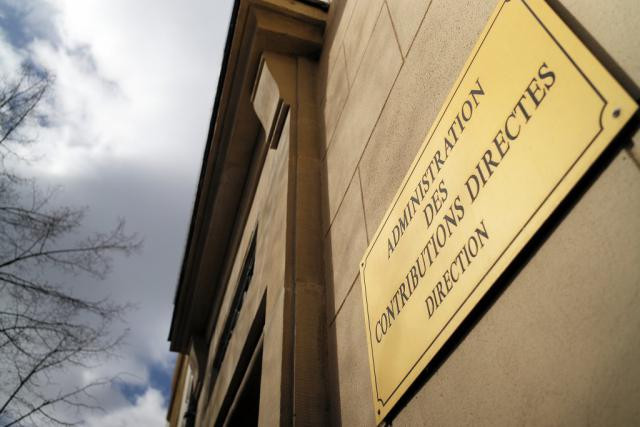Responding to a parliamentary question, finance minister Pierre Gramegna revealed on Monday 8 January that, overall, €10.2 million were collected between 1 January 2015 and 31 December 2017 from tax administration fees.
Gramegna did not outline the number of tax agreements that were anticipated over the period but explained that when a “request for an advance ruling concerns companies, a fee is set (…) to cover the administrative costs.”
This fee, he said, varies between €3,000 and €10,000, depending on the complexity of the application and volume of work involved. The mechanism, whereby companies pay for services offered by the tax authority, was brought into force in 2015 following the Lux Leaks scandal, in which two former employees of the audit firm PwC leaked confidential tax documents to an investigative reporter.
An appeal by the two whistleblowers, who received suspended sentences, is currently underway.
Tax rulings
According to finance ministry annual reports, 570 rulings, of which 481 were favorable and 80 unfavorable, were treated in 2016. In 2015, there were 726, of which 599 were favorable and 127 unfavorable. Figures for 2017 should be published next April. According to OECD calculations, the tax authority (Administration des Contributions Directes--ACD) had granted some 5,600 advance agreements between January 2010 and March 2016.
In a second parliamentary response, also published Monday, Pierre Gramegna said the next assessment “on the exchange of information on request” will take place “in the first quarter of 2018”. Covering a period between 1 October 2014 and 30 September 2017”, it will focus on the “identification and knowledge of economic beneficiaries”. In his response, the minister said he is “confident” that “the evaluators will take due account of the reforms decided and implemented in recent years.”
